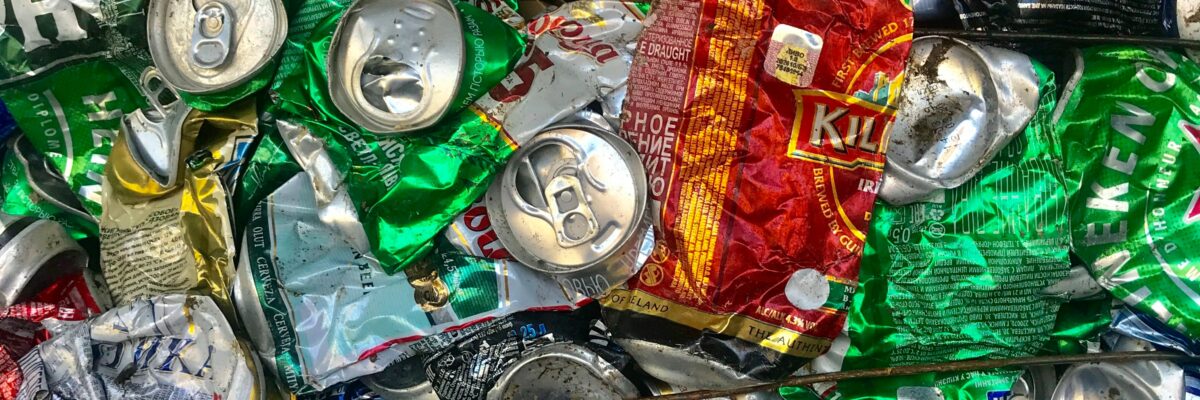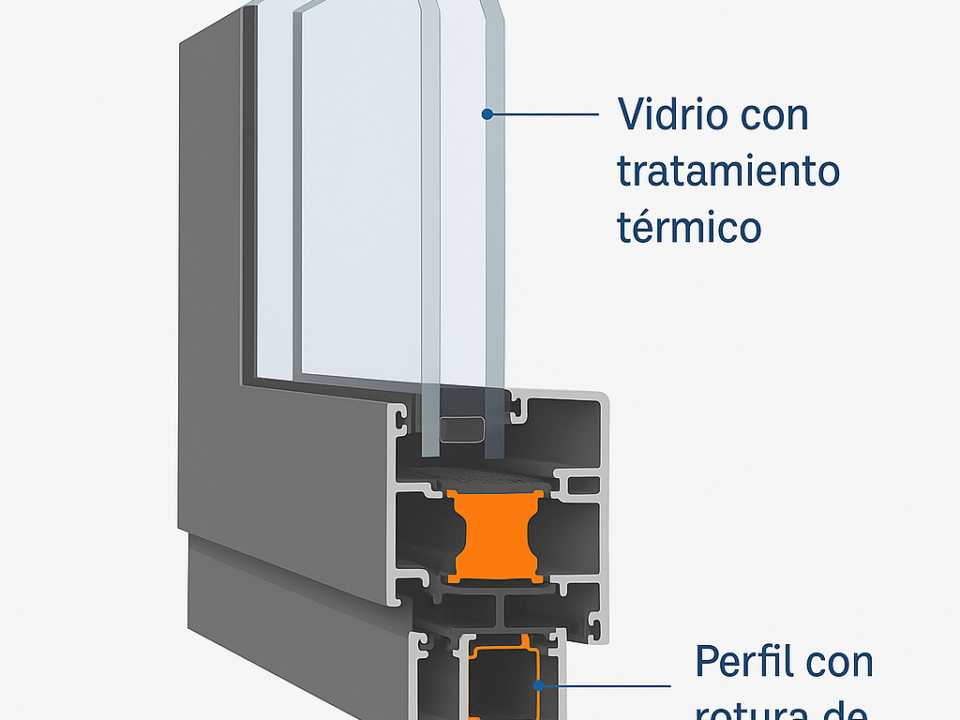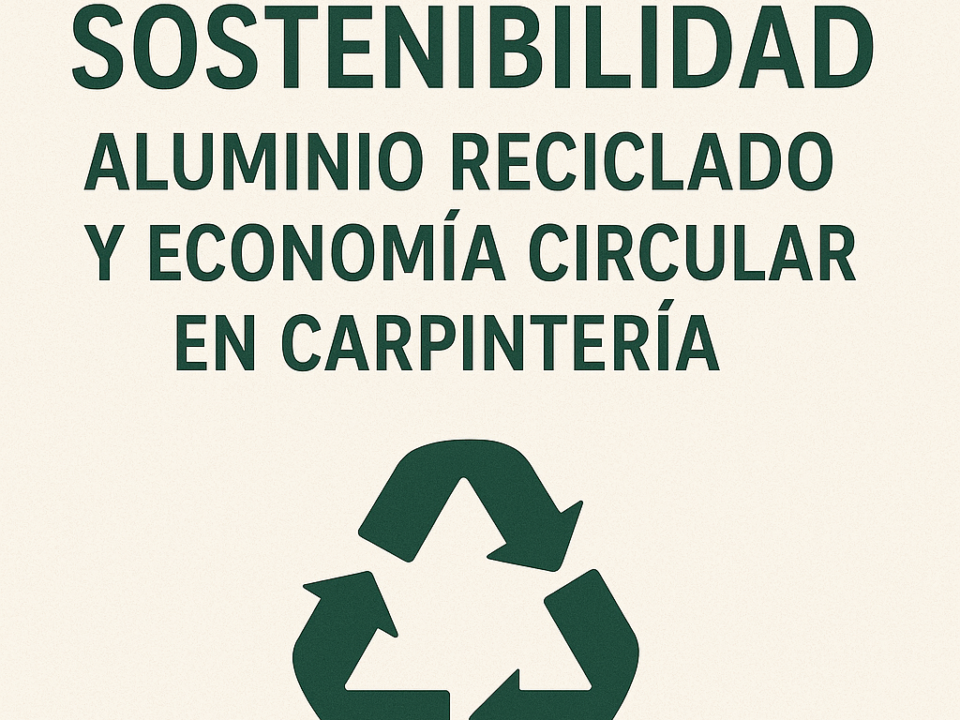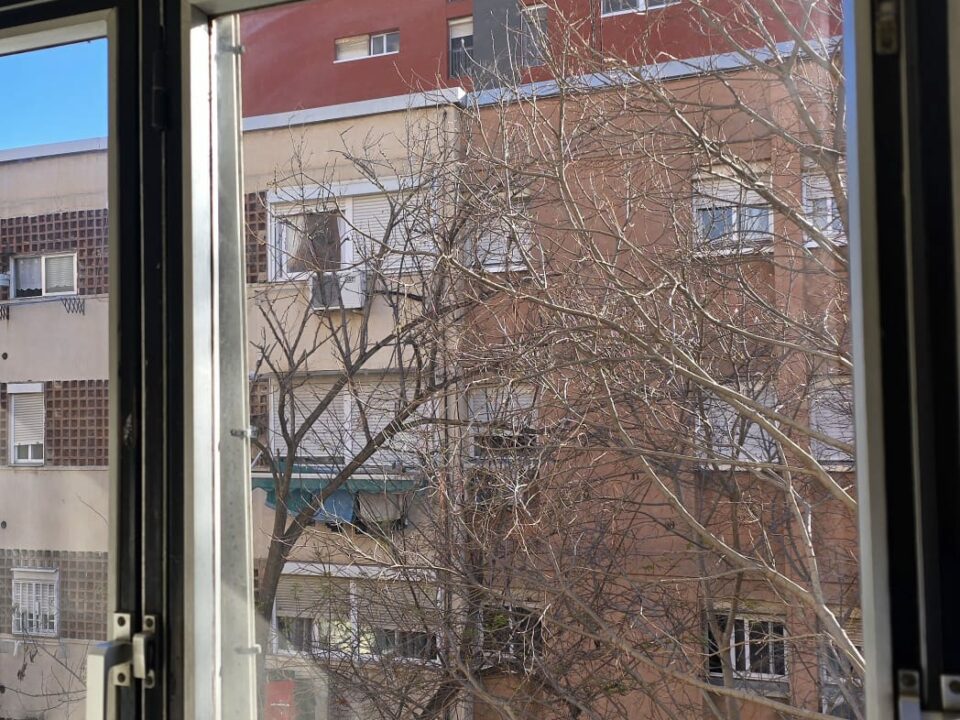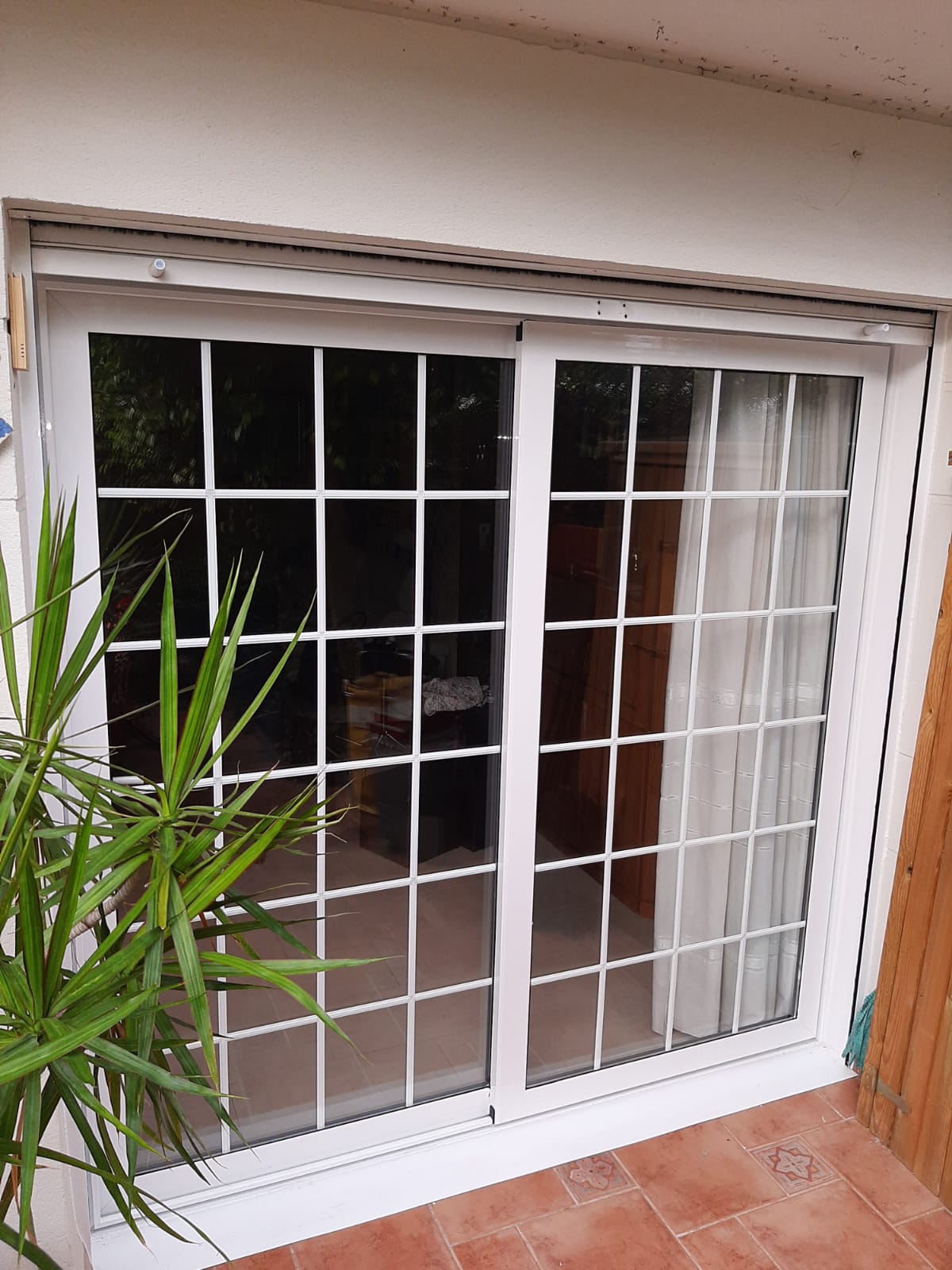
Sliding balcony series s76
22 October, 2020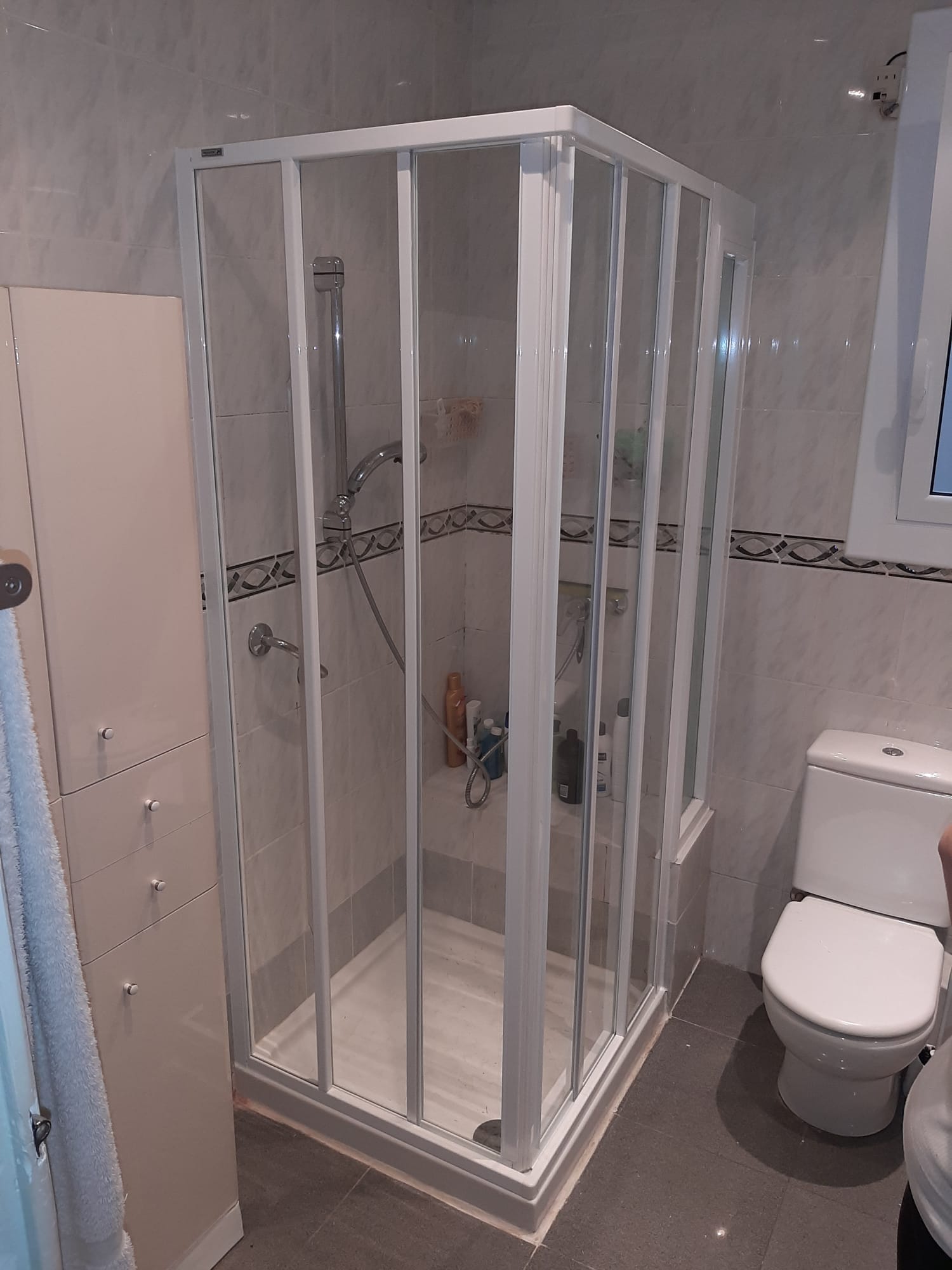
Made-to-measure corner shower screen
29 October, 2020Recycling aluminium is good for the environment and the economy. The country that is doing things very well is Italy: it is the first in Europe and the third in the world for its ability to recover this metal which is then turned into cars, coffee machines, glasses, bicycles…
Aluminium, like all metallic materials, can easily be recycled by casting and, while in the case of other metals, recovery is important, for aluminium this practice is fundamental because it is infinitely recyclable, at 100% and with only 5% use of the electricity needed to produce it.
The savings figures are considerable: while 15 kWh is needed to produce 1 kg of primary aluminium, 0.75 kWh is sufficient for secondary aluminium, which is why more and more everyday objects are made from recycled material. This is the case in the automotive industry, where 90% of the aluminium used to produce the wheels is recycled, as well as 30% of that used in the production of pistons and cylinders and 40% for the general structure of the car.
For other objects the percentages are even higher: coffee machines produced in Italy are now made of 100% recycled aluminium, while for plant pots they are at 90%.
Introduced at the end of the 1950s, beverage cans are the most recognisable aluminium objects despite the numerous remodelling interventions carried out over the years, such as the transition from the tear-off to the pressure opening, which took place in 1978.
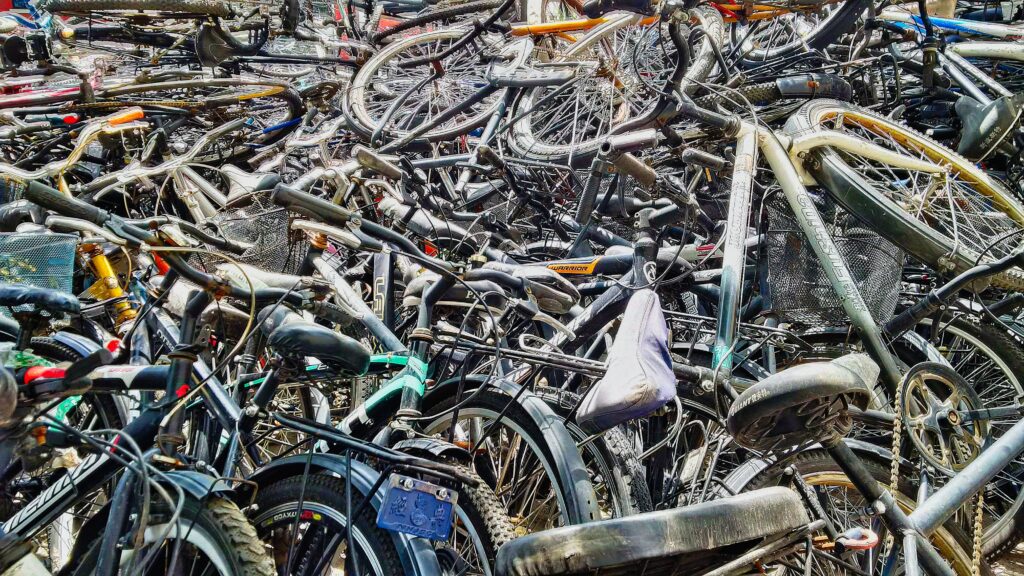
Until that date, the opening of the cans used the easy opening system, i.e. with the tearing of the tab upwards, which in practice meant the dispersion of the cans in the environment. In order to overcome this problem and also to recover this aluminium fraction, since 1978 the permanence tab opening system has been used, in which the tab remains attached to the can. This method, which was introduced in Europe at the end of the 1990s, has made it necessary to use three different aluminium alloys, for the body, the lid and the opening, in order to have a material that will yield enough to break, bend and remain attached to the can.
Today, cans are essential in the recycling of aluminium: it takes 3 to make a frame for glasses, 37 for a coffee machine, 130 for a scooter, 800 for a bicycle.
The role of energy. Until the second half of the 19th century, when new deposits were found and, above all, new relatively cheap methods for the production of primary aluminium, this metal was considered semi-precious, sought after and paid for as much as silver. Even today, it still takes 4 tonnes of bauxite to make 1 tonne of primary aluminium, but during the 20th century advances in technology have nevertheless reduced the price of the ore by 90%.
On the other hand, energy prices have increased. The complexity of processing and the price of energy are therefore the two factors that make aluminium recycling essential, both for the economy and for the environment.

Italy is very good at this: with a recycling quota of 70% and an energy recovery quota (to waste-to-energy plants) compared to industrial needs, Italy has avoided emissions of 370,000 tonnes of CO2 equivalent and has saved energy equivalent to 160,000 tonnes of oil equivalent (CiAl data 2013). And with 870,000 tonnes of recycled scrap, it ranks first in Europe and third in the world, after the United States and China, in terms of secondary aluminium recovery capacity. A great result that should be copied by all EU countries, in order to achieve a greater favourable result in combating climate change.


